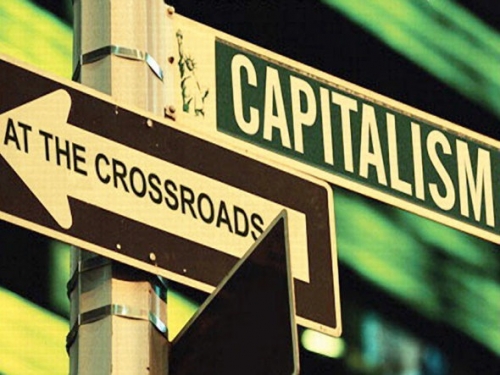Capitalism: Where To From Here?
Traditional free market capitalism has benefited many developed countries in recent decades, as it used cheap labour from developing countries to keep costs and inflation low.
Capitalism’s objective of development for the sake of material wealth may lack core values but during the boom years it had little serious competition as a way to create jobs, distribute wealth and grow the global economy. Even the Chinese embraced their version to unlock the extraordinary economic power of the country and its people.
In recent years, however, we have been exposed to the spectacular and painful failure of capitalism as it has rapidly fallen from grace.
There are many explanations for its demise, as experts, economists and commentators try to figure out what went wrong and why.
The reasons given include human nature, greed, culture, too much regulation, too little regulation, weak economic theories and government policies. However, none explain why the difficulties weren’t anticipated and dealt with before the damage was done.
The only true explanation is that the system and those charged with overseeing it lacked the core values needed to ensure equity and fairness and thus longevity.
Some of the obvious mistakes include too light regulation and increased personal, institutional and sovereign debt; particularly in relation to the housing and property markets.
Although a number of years into the crisis, we are no nearer a resolution, as many people believe the real issues are being postponed rather than dealt with in a meaningful way.
The current range of suggested solutions focus primarily on trying to fix the banks and the banking system as a first step while the rest of the economy is left to pick up the pieces.
SO, given the failure of traditional capitalism, is it time to build a new form of capitalism based on sustainable core values.
What do you think? What next for capitalism? Get in touch we would love to hear your views contact Nick on 028 8224 9494 or via Twitter @nick_oec.




